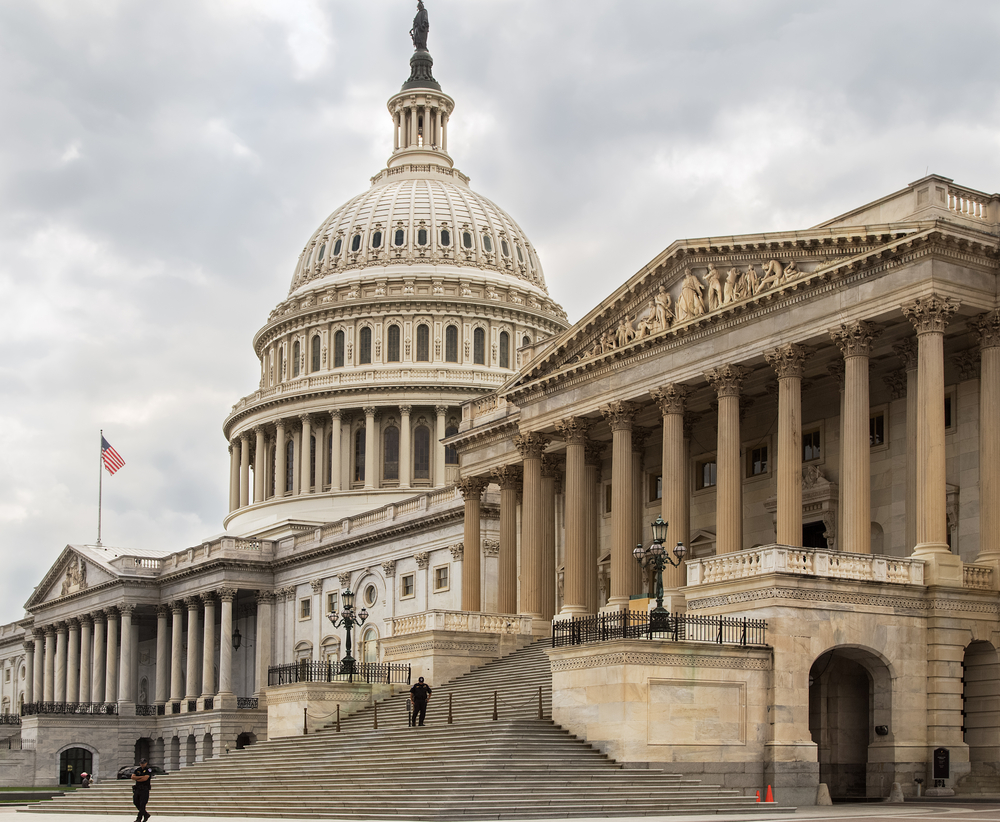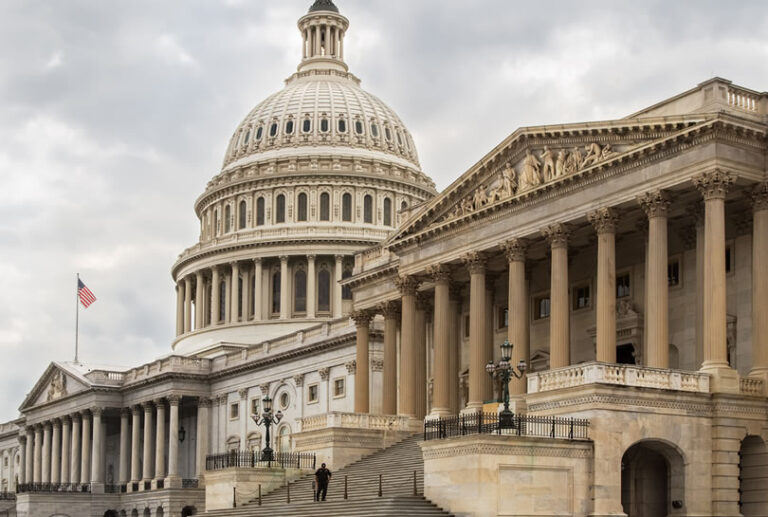Nov. 1, 2021 – As Congress and the White House parry back and forth over specific provisions in President Joe Biden’s Build Back Better Act, the proposed legislation currently includes some expansion of healthcare coverage, new infrastructure money for the Food and Drug Administration (FDA), but no significant actions to tackle drug prices – yet – as negotiations continue.
Last week, Biden publicly announced a new “framework” amounting to $1.8 trillion in spending, about half the size of the original proposal; he predicted this framework would get 50 votes in the U.S. Senate and highlighted its importance, saying “I don’t think it’s hyperbole to say that the House and Senate majorities and my presidency will be determined by what happens in the next week.”
However, the key Senate holdouts – Sens. Joe Manchin (D-W.Va.) and Kyrsten Sinema (D-Ariz.) – to date have not publicly committed to voting for that framework, and negotiations are continuing on Capitol Hill.
Th Oct. 28 framework “drops the push for Medicare negotiation on prescription drug prices, which had been a major goal of Biden and of progressives in Congress looking for ways to lower drug prices for Americans while saving Medicare money as a way to pay for the bill,” Coalition for Healthcare Communication Executive Director Jon Bigelow said in an Oct. 29 memo to CHC industry leaders. “It would raise $145 billion by removing a Trump-era policy that would ban rebates that pharma companies pay to pharmacy benefit managers.”
The bill is silent on other provisions intended to reduce prescription drug prices, such as penalizing manufacturers if they raise prices above the rate of inflation or capping out-of-pocket drug costs for Medicare recipients.
However, Democrats in the Senate and the House of Representatives are pushing back on the lack of any provisions in the legislation that would help decrease drug costs, especially for seniors. Sen. Ron Wyden (D-Ore.) has asserted that allowing the federal government to negotiate the prescription drug prices under Medicare is “non-negotiable.”
House Speaker Nancy Pelosi (D. Calif.) on Oct. 29 was reported to be working on a proposal to allow Medicare to negotiate prices for drugs administered by doctors and pharmacies after their exclusivity period expires, according to an article in STAT.
And 15 House Democrats issued a letter on Nov. 1 stating that vulnerable representatives in competitive districts “promised our constituents that we would come to Washington to fight on their behalf for lower drug prices. We cannot turn back now on our promise to the American people. We urge you in the strongest terms possible to include legislative language in the Build Back Better Act that will be voted on by the full House to accomplish this.”
Bigelow pointed out that the most recent framework, if it holds up, “might at first be interpreted as a victory for the biopharma industry, which launched a massive lobbying effort and made substantial campaign donations to head off Medicare negotiations or other strong measures to limit drug prices.” However, he noted that Medicare negotiations “remain a top priority for progressives, are highly popular with voters, and may still emerge in future battles over the federal budget, raising the debt limit, or other legislation.”
Sinema has stood in the way of the drug price negotiations. Two other senators—Tom Carper (D-Del.) and Bob Menendez (D-N.J.) have not supported the idea “but very likely would accede to Biden’s wishes if pressed hard,” Bigelow said.
So, nothing is settled. But as of last week, here is where things stood:
- Medicare to cover hearing, but not dental or vision: On the spending side, the Oct. 28 framework proposes $135 billion to lower Affordable Care Act premiums for 9 million people and provide health insurance for an additional 4 million people under Medicaid. It also includes $35 billion to extend Medicare coverage to hearing care. However, plans to extend Medicare coverage for dental or vision care have been dropped.
- FDA on point to receive infrastructure funding: Alliance for a Stronger FDA reported on Oct. 29 that the House released a revised reconciliation draft that includes $300 million for FDA infrastructure that “was not in previous versions of the bill” and goes beyond the agency’s fiscal year 2022 budget. These additional funds would be earmarked for improving technology infrastructure and modernizing laboratory infrastructure.
- Reality check on marketing tax: The framework announced Oct. 28 is still not clear on where revenue will be found to offset spending. Sinema nixed the idea of raising corporate, individual, or capital gains tax rates. Then a “billionaire’s tax” was proposed, but Manchin shot that down. Manchin instead wants a “patriot’s tax” to be sure wealthy individuals pay at least something – but that might conflict with Sinema’s position against raising tax rates.
“Right now, negotiators are frantically seeking revenue ideas acceptable to both Manchin and Sinema, and are pulling ideas off the shelf – or out of a hat – with minimal vetting,” Bigelow remarked. “This is exactly the moment of greatest risk that a tax on pharmaceutical marketing gets thrown in.”
Bottom line, the negotiations are a moving target, and it’s not clear which provisions and which framework will emerge, and whether these versions would survive votes in both the House and the Senate.




